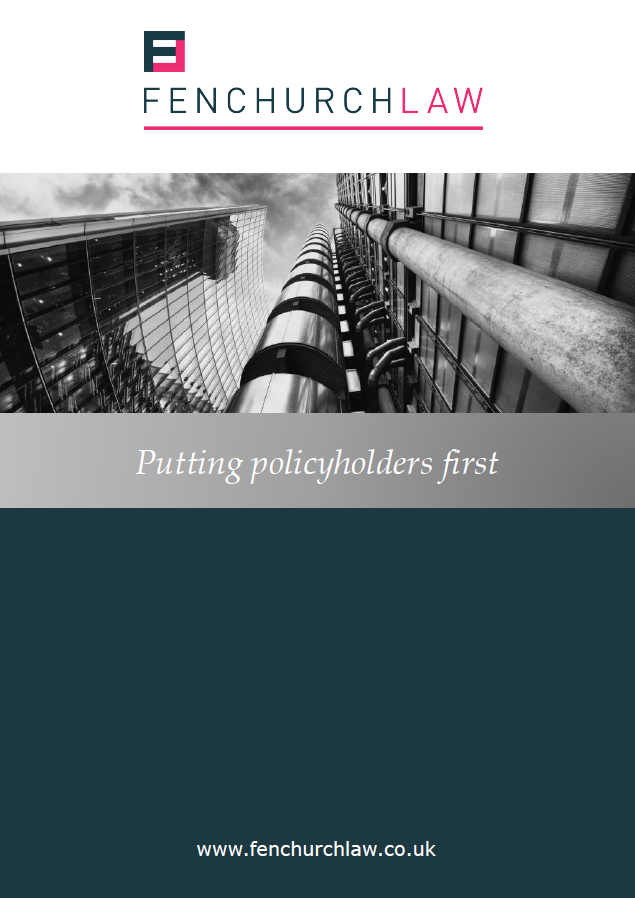
Immunity of expert witnesses
In Stanton v Callaghan [1998] EWCA Civ 1176, it was held that the immunity of an expert witness extended to protect him from liability for negligence in preparing a joint statement for use in legal proceedings. This rule was designed to ensure that witnesses were not deterred from giving evidence in court due the risk of later allegations of negligence.
However, in Jones v Kaney the Supreme Court held by a majority of 5:2 that immunity for experts should be abolished. In this case the Claimant was involved in a road traffic accident. When bringing proceedings his solicitors appointed Dr Kaney, a consultant clinical psychiatrist, who initially concluded that Mr Jones was suffering from severe PTSD.
When only quantum remained in dispute Dr Kaney held discussions with the Defendant’s expert. A joint experts’ report was then signed that was extremely damaging to Mr Jones’ claim and contrary to Dr Kaney’s initial prognosis. The Claimant ultimately settled for significantly less than could have been achieved without this joint statement.
The court held it would be unjust for Dr Kaney to be immune from the effects of signing a statement which detrimentally affected the Claimant, especially when she admitted afterwards that it did not reflect what was agreed in the telephone conversation, and that she had felt pressurised to agree to it.
The majority were confident that this would not reduce the number of practitioners willing to give expert evidence and would not make an expert witness less likely to be willing to concede points or to comply with his duty to the court. They disregarded the suggestion that experts would quickly become subject to a multiplicity of claims and the decision is an attempt to ‘professionalise the expert witness industry’.
Other news
Fenchurch Law Appoints Matthew King as Associate Solicitor, Singapore
12 June 2025
Fenchurch Law has appointed a new Associate to its international team based in Singapore. Matthew King joins Fenchurch…



